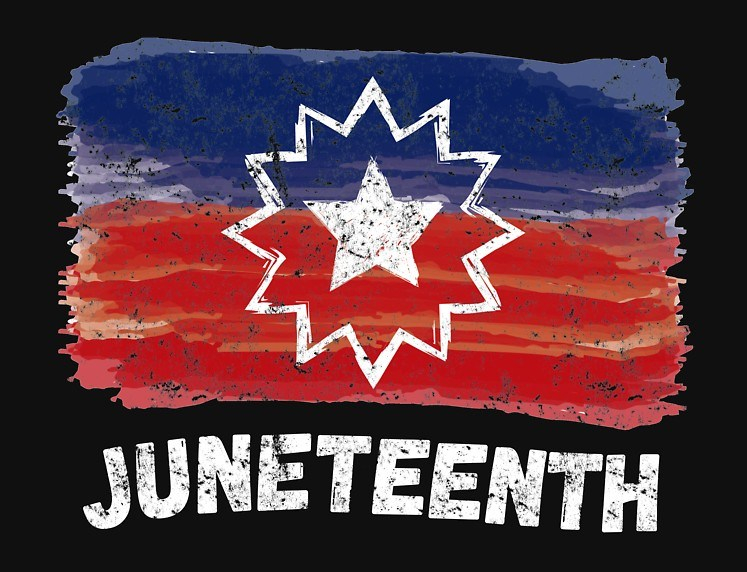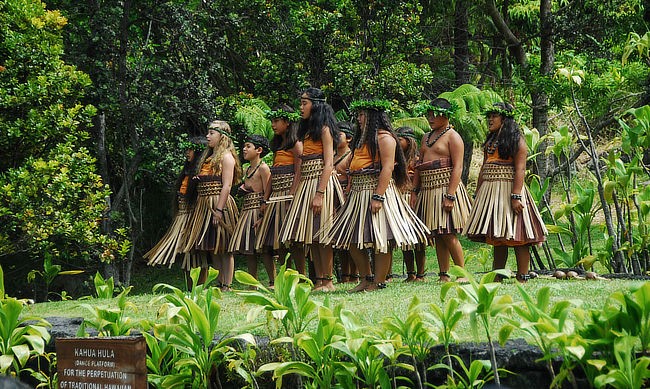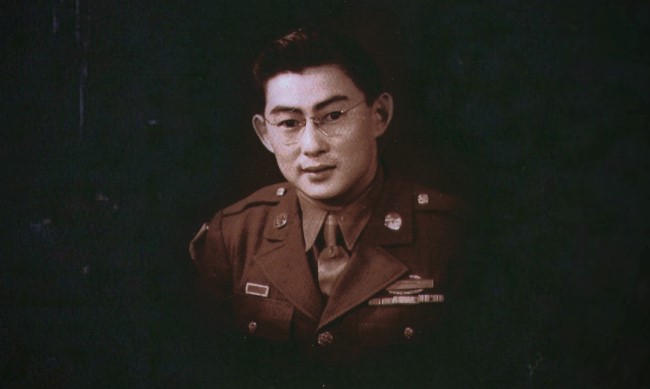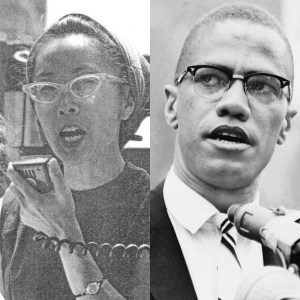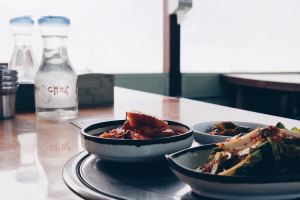
The late civil rights activist Fannie Lou Hammer is famously quoted, “Nobody’s free until everybody’s free.” Rev. Dr. Martin Luther King, Jr. put his own stamp on these words by saying, “Injustice anywhere is a threat to justice everywhere.”
What is Juneteenth and why do I (and why should you) celebrate it? This day (June plus nineteenth) marks the oldest-known celebration ending American slavery and the enslavement of Black people.
This year marks the 155th anniversary of the celebration.
This celebration started on June 19th ,1865 as it was the day when Union Soldiers made it to Galveston, Texas, which ended the Civil War and freed the slaves. With the United States still divided over the institution of slavery and the Civil War recovery, members of the Confederacy weren’t eager to spread the word.
Note that this date was two-and-a-half years after President Lincoln’s January 1, 1863 Emancipation Proclamation. The Emancipation Proclamation had little impact in Texas due to the small number of Union Soldiers in place to enforce that Executive Order.
Despite the two-and-a-half-year delay, Major General Gordon Granger decreed to the people of Texas:
“The people of Texas are informed that, in accordance with a proclamation from the Executive of the United States, all slaves are free. This involves an absolute equality of personal rights and rights of property between former masters and slaves, and the connection heretofore existing between them becomes that between employer and hired labor. The freedmen are advised to remain quietly at their present homes and work for wages. They are informed that they will not be allowed to collect at military posts and that they will not be supported in idleness either there or elsewhere.”
—General Orders, Number 3; Headquarters District of Texas, Galveston, June 19, 1865
When Texas fell and Granger dispatched his now famous order No. 3, it wasn’t exactly instant magic for most of the Lone Star State’s 250,000 slaves. On plantations, slave owners had to decide when and how to announce the news — or wait for a government agent to arrive — and it was common for these owners to delay notifying their slaves until after the harvest. Even in Galveston city, the ex-Confederate mayor flouted the Army by forcing the freed people back to work, as historian Elizabeth Hayes Turner details in her comprehensive essay, “Juneteenth: Emancipation and Memory,” in Lone Star Pasts: Memory and History in Texas.
The first reactions to this circumstance ranged from shock to immediate joy. To realize their new freedom, many left the plantations to go North (the place known for freed blacks) or reach families in other states such as Arkansas, Oklahoma, and Louisiana.
From this year on, Juneteenth became a prominent celebration for former slaves and their descendants making the pilgrimage back to Galveston for festivities. Defying confusion, delay, terror and violence, the newly “freed” black men and women of Texas, with the aid of the Freedmen’s Bureau (itself delayed from arriving until September 1865) now had a date to rally around. In one of the most inspiring grassroots efforts of the post-Civil War period, they transformed June 19 from a day of unheeded military orders into their own annual rite, “Juneteenth,” beginning one year later in 1866.
Almost synonymous with summertime, the traditional Juneteenth festivities included barbecuing and potlucks alongside popular foods like strawberry soda.
Dressing one’s absolute best is also an important element, particularly because there were many laws that prohibited or limited the type of clothes slaves could wear, which were now invalid. Although early celebrations were met with resistance by barring the use of public property for celebrations, once African Americans became landowners many donated their land for celebrations, or the festivities would be held on church grounds.
The celebrations also included readings of the Emancipation Proclamation, religious sermons and spirituals, the preservation of food delicacies (always at the center: the almighty barbecue pit), as well as the incorporation of new games and traditions; from baseball to rodeos and later, stock car races, and overhead flights.
With the social unrest happening in our country now as many cry out against racial injustice, I’m celebrating this Juneteeth as a time of jubilee and Black joy. Regardless of how racist the Confederate States were against Black people, removing the Confederate flag and statues/names celebrating the Confederacy is the most American thing any state or local government could do. Why celebrate treason?
Even though I can’t barbecue because Covid is still running around, that doesn’t take away the enjoyment or the connection. I invite you to take some time and invest in learning more about this holiday:
As the Golden Rule states, “Treat others the way you would want them to treat you.” If we do not take care of ourselves, we cannot care for others. If only people would do this, we would have a lot less to worry about in this day and age.

